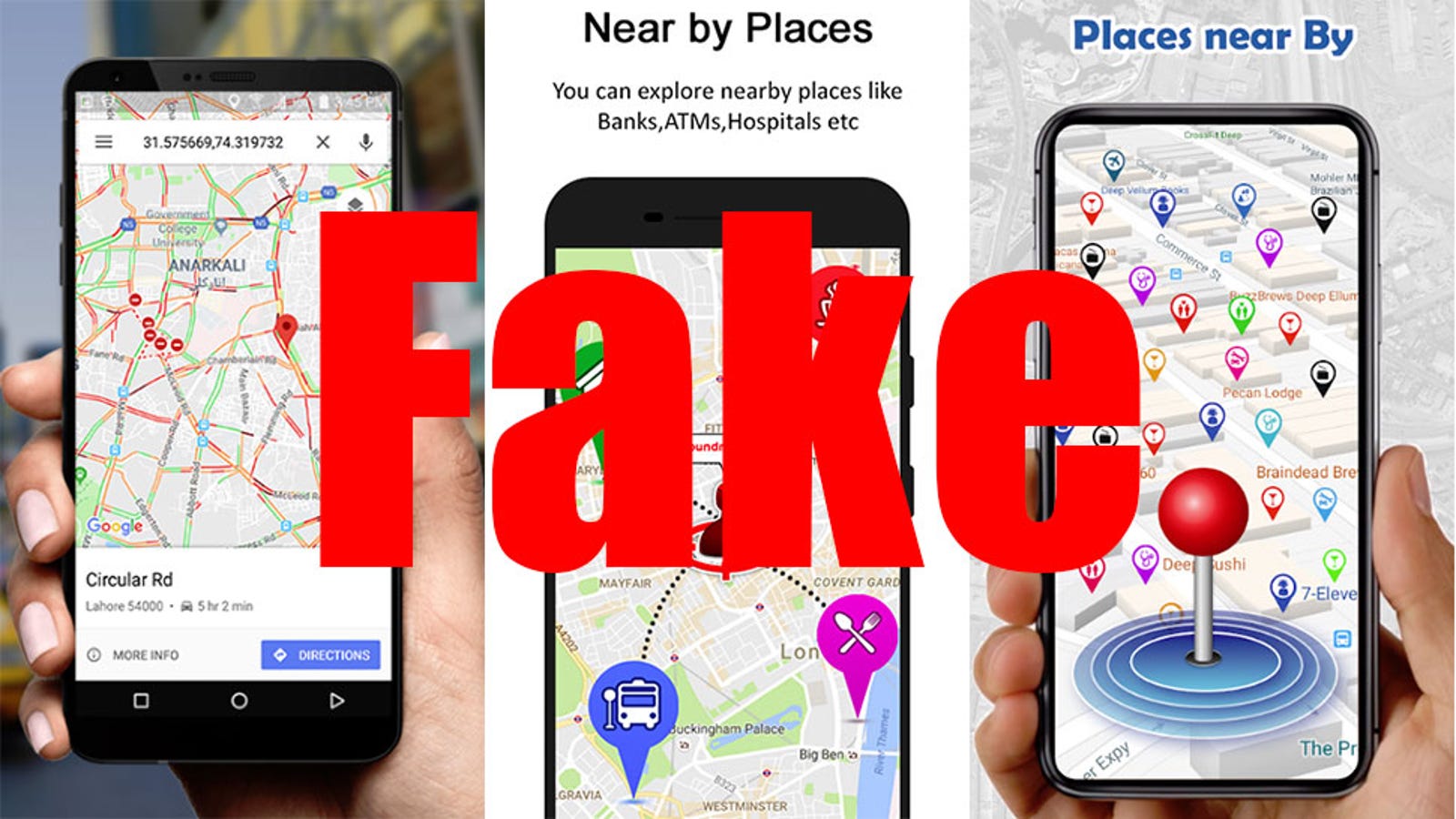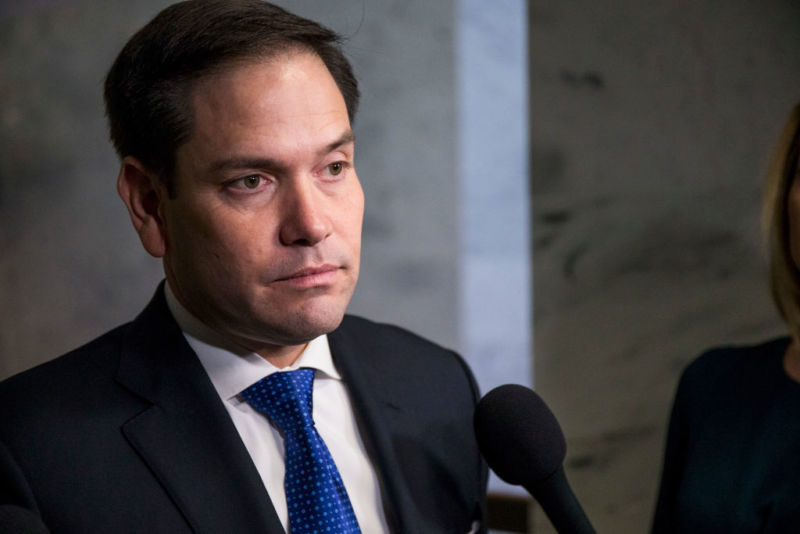As the government shutdown neared the one-month mark, the political landscape shifted under Washington’s feet Thursday night, dramatically and perhaps permanently altering the path of our nation’s politics. BuzzFeed’s duo of Russia probe reporters posted a blockbuster report that President Trump directed Michael Cohen to lie to Congress about the Trump Tower Moscow Project.
The allegation, which Buzzfeed sourced to two federal law enforcement officials, simultaneously
adds new information to both the “collusion” and “obstruction” sides of the Russia probe. The idea that the President of the United States directed his personal attorney to lie to Congress about his attempt to complete a multi-hundred-million-dollar deal with Vladimir Putin in the midst of the presidential campaign is, in short, as big as it gets.
As senator Sheldon Whitehouse, a former prosecutor, laid out, the accusation at the core of the BuzzFeed report constitutes at least four potential felonies: “criminal obstruction of justice (18 U.S.C. 1505, 1512), subornation of perjury (18 U.S.C. 1622), conspiracy (18 U.S.C. 371) and likely aiding and abetting perjury (18 U.S.C. 2).” Those phrases also meant something specific to students of recent political history: Suborning perjury was part of the articles of impeachment that targeted both Richard Nixon and Bill Clinton.
While we’ll be unpacking the implications of the apparent revelation for days to come, there are six aspects of the new report which, if true, make clear the scale of the political peril facing the president as of Friday morning:
1. Mueller has the receipts. According to Buzzfeed, special counsel Robert Mueller’s investigators have more than Cohen’s word to support the claim. In fact, the lead instead originated with documents and witnesses inside the Trump Organization, a great sign of how much visibility Mueller has into the private business world of Donald Trump pre-presidency.
Remember that Trump Organization chief financial officer Allen Weisselberg received immunity from prosecutors and is cooperating. To have both your company’s accountant and your personal fixer—Cohen—turn on you usually is criminally fatal. This report from BuzzFeed, as rich in detail as it is, probably represents just the tip of the iceberg of Mueller’s knowledge. Every single indictment and court filing from Mueller has been more detailed, more knowledgeable, and better informed than we imagined. And this is just one of at least 17 investigations targeting the president’s circle right now, run by at least seven different sets of prosecutors. The potential criminal liability remains enormous.
2. The politics just changed in a big way. Any investigation that targets the President of the United States is more a political question than a criminal question. The ultimate judge and jury would almost certainly be Congress or the voters, either in an impeachment trial or a reelection bid.
The president’s family is potentially in lots of legal trouble.
These allegations are about lying to Congress, which makes it harder for Congress to brush them away—and given the new Democratic majority in the House, they’re certainly not inclined to. Democratic congressmen were quick out of the gate hinting at the “I” word (which coincidentally also appears on the cover of the latest issue of The Atlantic, out yesterday). The chairman of the House Judiciary Committee, where impeachment articles would begin, moved further than he has before in discussing the seriousness of the accusation.
The allegation that the president is instructing people to lie to Congress cuts to the heart of its legitimacy as a co-equal branch of government. While they’ve so far seemingly ignored the fact that the president, aka Individual-1, is already an unindicted co-conspirator in Cohen’s campaign finance case, lying to Congress is the kind of violation that gets even staid institutionalists squawking.
3. The obstruction case could be much bigger than Comey. The BuzzFeed report also helps provide context to our evolving understanding of a potential obstruction of justice case focused on the president. Whereas we’ve tended to shorthand that area of the probe as focusing on the firing of FBI Director Jim Comey, it’s quite possible that Mueller won’t in the end focus on any single incident, but instead paint a broader picture of Trump’s apparent years-long effort to hide the truth of his dealings with Russia, during the campaign, the transition, and even into the White House.
We’ve known for some time that Mueller was interested in the cover-up of the June 2016 Trump Tower meeting, as well. As I mentioned in December, he has already pointed us to what worries him: “A specific line from the special counsel’s filing in Cohen’s case also jumps out: ‘By publicly presenting this false narrative, the defendant deliberately shifted the timeline of what had occurred in hopes of limiting the investigations into possible Russian interference in the 2016 US presidential election.’ It’s not hard to imagine that same line cut-and-pasted into a future obstruction case regarding Donald Trump’s personal handling of a false narrative put out by the White House after reports first surfaced of the June 2016 meeting at Trump Tower.”
If Cohen was conspiring with the president, after the fact, to cover up the Trump Tower Moscow project, that would alter the whole timeline of an obstruction case. It would no longer hinge on Trump’s thinking on the precise date in May 2017 when he fired Comey, but instead could point to a pattern of actions and behaviors over nearly three years—up to present day, potentially—that would be hard to explain away as constitutionally valid.
4. The president’s family is potentially in lots of legal trouble. The BuzzFeed report also says that Cohen kept the Trump children up to date on his plans, which was hinted at in the earlier court filings around Cohen’s guilty plea concerning his lies to Congress. We’ve long known that unnamed “executives” of the Trump Organization were involved in both the campaign finance conspiracy surrounding the hush money payments to Stormy Daniels, as well as the Moscow Trump Tower project. The most likely suspects have always been Trump’s children—the idea, after all, that the vaunted “Trump Organization” is anything more in day-to-day reality than a small family business has long been a fiction. It’s Donald Trump and his children. The BuzzFeed reporting now attaches names—Ivanka and Donald Jr.—to that suspicion, and shows that the president’s family and his innermost inner circle are almost certainly going to be wrapped up in the investigation in the days, weeks, or months ahead. That’s doubly true given that the House Intelligence Committee plans to hand over additional evidence to Mueller of other witnesses it suspects lied to Congress—a list that seems likely to include Donald Trump, Jr.
The president has brushed away other targets of Mueller’s probe as coffee boys, short-timers, or people he hardly knew. It’s tougher to do that if it’s your son or daughter, but not impossible given the president’s only casual affiliation to the truth.
5. Trump’s new attorney general already said it’s a crime. This week, attorney general nominee Bill Barr appears to have already boxed himself in. While much of the questioning around Barr focused on how, when, and what he might make public from a still-theoretical “Mueller Report,” senator Amy Klobuchar zeroed in on what Barr would consider troublesome behavior by the occupant of the White House: “The president persuading a person to commit perjury would be obstruction, is that right?” Barr’s answer was simple: “Yes.” Which is to say, two days before tentative evidence emerged that Trump allegedly did just that, his presumptively incoming attorney general said that behavior would surely represent a crime.
And remember, we again likely only know a fraction of the evidence Mueller could present about the president’s behavior at this point.
6. Trump’s defense team is rattled. Lastly, the president’s TV lawyer, Rudy Giuliani, tried unsuccessfully to move the goalposts of the investigation this week. After months of endlessly repeating the phrase “no collusion,” Giuliani tried to tell CNN’s Chris Cuomo that he’s only meant there was no personal collusion by the president himself—he can’t speak for the rest of the campaign: “I never said there was no collusion between the campaign, or people in the campaign. I said the President of the United States. There is not a single bit of evidence the President of the United States committed the only crime you can commit here, conspiring with the Russians to hack the DNC.”
Most of the umbrage at the absurdity of Giuliani’s statement focused on the first half, but the second half is almost more interesting from the standpoint of how the president’s potential defense is shaping up—evidently, that it would only be a crime if the president actively conspired in advance with Russian intelligence to attack and leak Democratic officials’ inboxes. Of course, that’s absurd. There are any manner of crimes Donald Trump could have committed either before or after the DNC hack—and while we don’t that there’s evidence of such crimes, it certainly seems like the president’s own defenders are worried evidence exists.
Putting it all together, unfortunately, we’re still left with this: The president should almost hope that Robert Mueller concludes he’s a Russian agent, because the alternative might be even worse. As I wrote earlier this week, a lifetime ago in this investigation given Thursday’s new bombshell, “We’ve reached a point in the Mueller probe where there are only two scenarios left: Either the president is compromised by the Russian government and has been working covertly to cooperate with Vladimir Putin after Russia helped win him the 2016 election—or Trump will go down in history as the world’s most famous ‘useful idiot,’ as communists used to call those who could be co-opted to the cause without realizing it.”
Thursday’s revelations—lending new weight to both the obstruction and collusion questions—clear that the answer might be, simply, “Both, all of the above.”
Garrett M. Graff (@vermontgmg) is a contributing editor for WIRED and coauthor of Dawn of the Code War: America’s Battle Against Russia, China, and the Rising Global Cyber Threat. He can be reached at garrett.graff@gmail.com.
More Great WIRED Stories



.jpg)